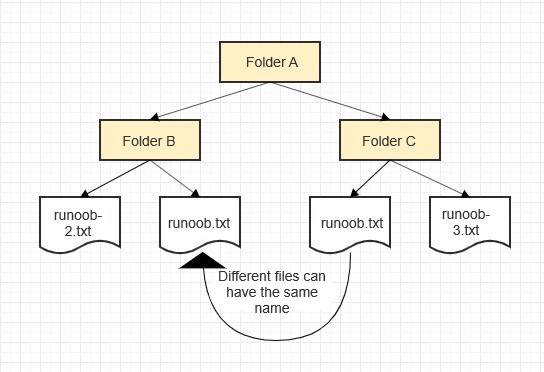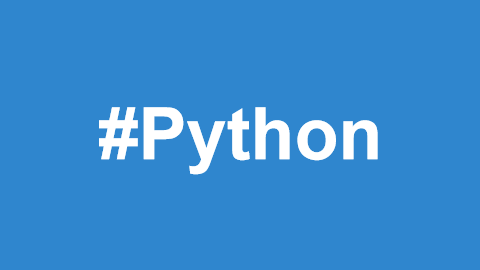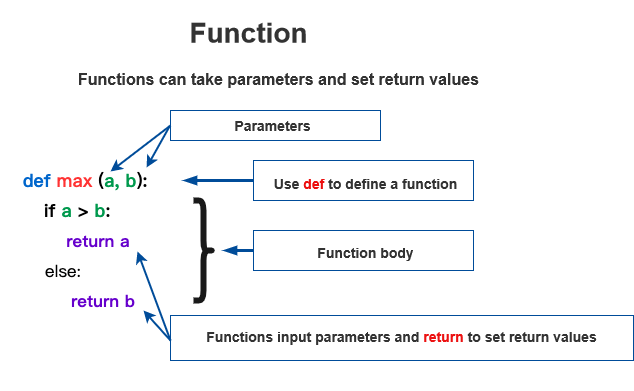Evaluating the maintainability and extensibility of code is a critical activity in software development. It helps ensure the health and sustainability of long-term projects. Below is an example demonstrating how to refactor code from these perspectives.
Old Code Example
Suppose we have a system for managing online music playlists. Here is a snippet of the old code for managing songs in a playlist:
class Playlist: def __init__(self): self.songs = [] def add_song(self, song): self.songs.append(song) def remove_song(self, song): if song in self.songs: self.songs.remove(song) def get_all_songs(self): return self.songs
Analysis of Code Issues
Limited Functionality:
If new features such as searching for songs or filtering by genre need to be added, the current structure lacks flexibility.
Basic Song Management:
Song management is limited to basic add and remove operations, with no support for retrieving specific details about a song.
Simple Storage:
Songs are stored in a basic list, without consideration for advanced management needs like sorting, de-duplication, or categorization.
Improved Code
To enhance the maintainability and extensibility of the code, the following improvements were made:
class Song: def __init__(self, title, artist, genre): self.title = title self.artist = artist self.genre = genre class Playlist: def __init__(self): self.songs = [] def add_song(self, song): if song not in self.songs: # Avoid duplicates self.songs.append(song) def remove_song(self, song): self.songs = [s for s in self.songs if s != song] def find_song_by_title(self, title): return next((song for song in self.songs if song.title == title), None) def filter_songs_by_genre(self, genre): return [song for song in self.songs if song.genre == genre] def list_songs(self): return [(song.title, song.artist, song.genre) for song in self.songs]
Explanation of Improvements
Added a
SongClass:A dedicated
Songclass was created to manage song information, providing a better data structure to handle multiple attributes of a song.Avoiding Duplicates:
The
add_songmethod now checks for duplicates before adding a song to the playlist.Enhanced Search Functionality:
Added a
find_song_by_titlemethod to search for songs by title, improving user experience.Genre-Based Filtering:
Implemented a
filter_songs_by_genremethod to filter songs based on their genre, increasing code usability.Improved List Presentation:
Provided a new
list_songsmethod that formats the song output, making it more readable and user-friendly.
Benefits of the Refactor
Modularity: The addition of the
Songclass separates song-specific data from playlist logic, improving clarity and structure.Flexibility: Adding features like song ratings, user comments, or advanced filtering can now be done with minimal disruption to existing code.
Readability and Maintainability: Simplified and better-organized code is easier to read, debug, and extend.
This refactored design ensures long-term maintainability and growth, enabling future features to be added smoothly without negatively impacting existing functionality.



